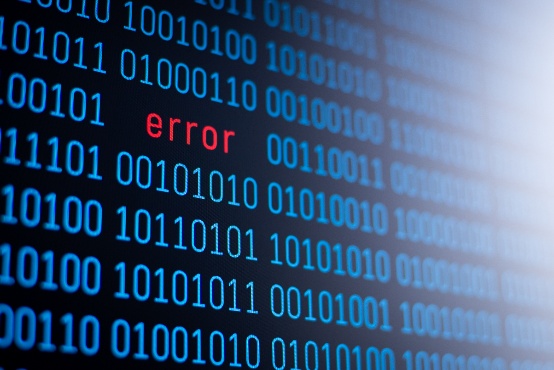The Netflix series Zero Day does a good job of showing what can happen in the event of a major cyber attack, including in the payments system. In this new payment blog, Inge van Dijk, responsible for payment transactions at De Nederlandsche Bank (DNB), explains what DNB is doing to guard against such threats.

The start of a new year is traditionally characterized by new plans, which everyone throws themselves into with good spirits and fresh energy. Most organizations have something similar. Also at DNB, but more on that later.
The start of 2025 is marked by our finance minister with a telling infographic that makes clear what he believes financial institutions should focus on in the coming period, namely: accessible payments, better availability and acceptance of cash, deepening the European capital market union and strengthening our cyber resilience.
Recognizable themes on which parts are already running fast, and on which much work remains to be done. One conspicuous absence from the list of priorities is the digital euro. Does that mean there is no attention for it in The Hague? That interpretation is too shortsighted. But to answer the question: the focus is rightly on a number of national dossiers that call for more action, and on which action is being taken, as evidenced by the cash law that has just been sent to the Lower House for consideration. Regarding the digital euro, there are understandably still questions, both in the Netherlands and in Europe. And political support is essential for the success of this project. Under the Belgian presidency, metres have been made in the European Council. The final blow is expected to be struck under the Danish presidency in late 2025. This is important, because under the influence of the bleak political climate, the need for strategic autonomy is now abundantly clear to everyone: we need strong private as well as public payment instruments that are rooted in Europe and mutually interoperable. The latter is essential for efficiency in the chain and reduces costs for retailers, for example.
Also in our plans, independence and self-reliance are the core themes for this year. This dovetails perfectly with our Vision for Payments 2022-2025, which focuses on three spearheads: ensuring access to payments, embedding robustness and security in payments, and strengthening the payments market in Europe and beyond. Unsurprisingly, resilience, our payment chain resilience, topped our list of priorities this year.
Robustness and security are basic requirements for a well-functioning payment system. These are things that have traditionally been in good order, as evidenced by the 2024 report ratings: good availability of bank payment systems and cash services (above the legal standard). And the cyber resilience of the financial sector is also in good shape. In that respect, our sector is a textbook example within and outside the Netherlands. None of this has come about overnight, but is the result of years of polishing, grinding and investment by all players in the chain. We can be proud of that, but it offers no guarantees. Despite all the business continuity measures - from emergency generators for when the power goes out to redundantly equipped payment systems - we in the Netherlands may also have to deal with more service outages than we have until now.
For some time, all sorts of scenarios have been thinking about how to make our infrastructure more resilient. Late last year this gained momentum due to the new geopolitical reality. In December, defense minister Brekelmans explained in WNL Op Zondag a letter he had sent to the House of Representatives in response to parliamentary questions, and that led to headlines calling for cash to be kept in the home in preparation for crisis or even war scenarios.
The speed with which people responded was remarkable and instructive, as we explored the limits of our cash infrastructure. Fortunately, just before Christmas, cash suppliers Geldmaat and Brinks managed this well. No mean feat. All credit to the way these two companies together managed to maintain the availability of cash in our country.
Being prepared for possible scenarios is essential, especially for outside disturbances. If you don't understand what I'm referring to, check out the series Zero Day on Netflix. In it, the United States faces a hacking and software virus that takes the country down for one minute. This leads to deadly accidents, followed by panic. ATMs and banks are shut down as a precaution; the population is angry, wanting their money to meet basic necessities, and in the midst of disinformation. To Robert de Niro the clean task of solving it.
As simple as the Zero Day series, our world is not. But there are recognizable elements in it, of course somewhat magnified and simplified, as it is in movies and series.
In the Netherlands we have a good overview of the payment chain and we monitor it extra in these times. If we see vulnerabilities, we consult with the market parties involved on how to counter them. Furthermore, as always it comes down to the ability to act and clear communication in the event of a malfunction or attack. A practiced crisis structure is essential. DNB, AFM and the Ministry of Finance are together in the lead in the financial sector with one goal: to monitor financial stability and keep payment systems running. In order to be ahead of panic.
Trust in our payment chain and in our industry is strong, but not self-evident. We need to make that extra secure in these times. That is what we stand for, together with all parties in the Netherlands and in Europe. So that we can continue to pay, left or right, at least for the primary necessities of life.
A Zero Day can happen to anyone, the question is how you deal with it. And as always, that starts with a plan and good preparation.

